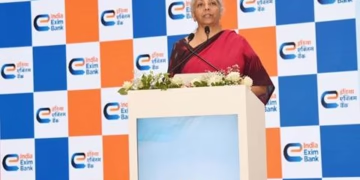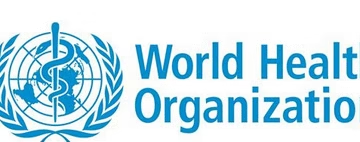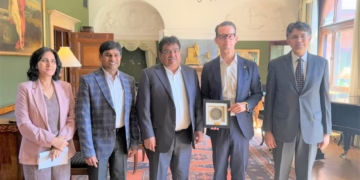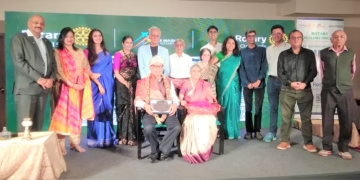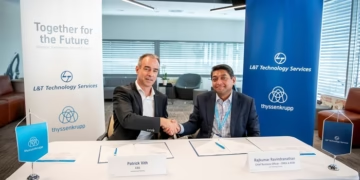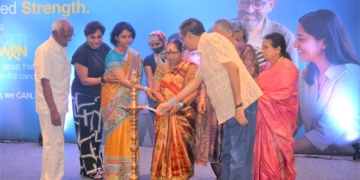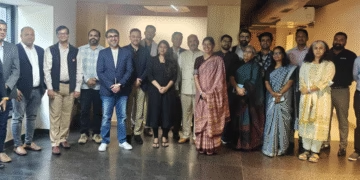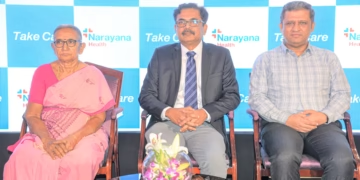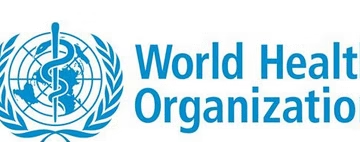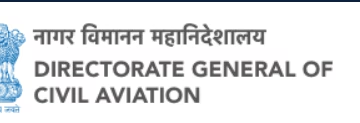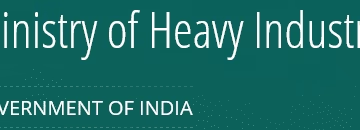These HICs are the focal points in under resourced communities that will spread the right information on NCD Prevention and Management from generating awareness to identifying sustainable solutions to influence behaviour

Bengaluru: AstraZeneca, a science-led biopharmaceutical company, together with Plan India, an NGO striving to improve the lives of millions of children and young people, announced the flag-off of their three ‘Health Information Centres’ (HICs) in Bengaluru today in the presence of senior dignitaries from National Health Mission, Ministry of Health & Family Welfare, NCD cell, Plan India and AstraZeneca India.
The three HICs at Mahadevpura, Dasarahalli and Yelahanka are developed under Astrazeneca’s flagship CSR initiative ‘Young Health Programme’ that aims to reduce the growing burden of non-communicable diseases on health systems with a focused approach to bring about a behaviour change specifically amongst youth from 10-24 years of age. Flagging-off this program, Dr. Smita Rawat, Regional Director, MoHFW Regional Office said, “For the past couple of years, the pandemic became the priority for the healthcare system. While we recoup from its impact, it is high time we bring back the focus on NCDs that are contributing to the healthcare burden we have on the country. Healthcare initiatives undertaken at a community level contribute significantly in our objectives to provide equitable access to healthcare to people”.
Present at this event, Gagandeep Singh, Managing Director AstraZeneca India said, “YHP is one of our key global community investment initiatives specifically focused on empowering young people with the knowledge to make healthier choices so that they will become healthier as adults. With Plan India, we are working locally, nationally, and globally to deliver accurate health information and fight the myths and stigma around NCDs. We are extremely thankful to the health authorities and our partner Plan India to extend their support to this program without which none of this would have been possible. Through these 3 centres, we aim to reach about 50,000 adolescents in the first year and build a strong foundation to scale up the project in the years to come”.
The program was first launched in Delhi in 2010 and over the past decade, has directly reached more than 460,000 young people with health information and trained more than 7,800 Peer Educators who have delivered numerous health promotion activities with the target community from time to time at the established 15 ‘Health Information Centres’ in Delhi. In the year 2019, the program was expanded to Tamil Nadu in addition to Delhi, with 2 HICs.
AstraZeneca expanded its MoU with Plan India last month, to plan and implement this public awareness campaign on prevention of NCDs in the state of Karnataka. Mohammed Asif, Executive Director Plan India said, “Many adolescents and young people in our country are looking for information and knowledge on health and wellness so that they can improve the quality of life. Since 2010, Plan India’s Young Health Programme, supported by AstraZeneca, has been providing adolescents and youth from the urban and rural poor families with quality information and knowledge on non-communicable diseases and better life skills and choices. This is primarily to help enhance responsive health-seeking behaviour and thus lead disease free, happy and successful life. Having seen significant improvements in the communities in Delhi, Tamil Nadu, and with the support of health authorities here in Karnataka, we are confident that with AstraZeneca, we will be able to make a difference in Bengaluru too through children’s and youth participation, community intervention and engagement.”
Present at the event Dr GN Srinivasa, Joint Director Health, NCD Cell said, “When it comes to the management of NCDs, it is key to focus on the entire lifecycle of people-to-patient and have a comprehensive disease- management plan in place. It is vital to generate right awareness and understanding about lifestyle related diseases, and adolescents is the right group to target if we need to safeguard our future. I am sure that this initiative by AstraZeneca will help us to instil awareness about life style diseases and the need for early screening, among youth.”
Globally thus far, YHP has reached more than 8 million young people in more than 30 countries around the world. In 2020, AstraZeneca made a global commitment of $35 million to renew the YHP for another 5 years and set new and ambitious goals. From 2021 to 2025, the YHP aims to reach 10 million more young people with health information in countries around the world. Elaborating of the impact created across the globe by YHP, Mr Singh said, “AstraZeneca has always been instrumental in making meaningful contribution in increasing access to healthcare. To this end, we have committed to invest 90 million USD for next few years to support scientific data generation, quality manufacturing, science talent development and collaborative development of innovative solutions to improve the standard of care of non-communicable diseases in India,”
In a direction to create a multi-faceted impact, AstraZeneca is complementing YHP with ‘New Normal Same Cancer’ and ‘Ganga Godavari Initiative’ that focuses on creating a mass scale Cancer related awareness with the help of ambassadors and partners such as Indian cancer Society and Banaras Hindu University. Under these initiatives, multiple cancer screening camps are conducted in the remote areas of the country where not many facilities are available.

